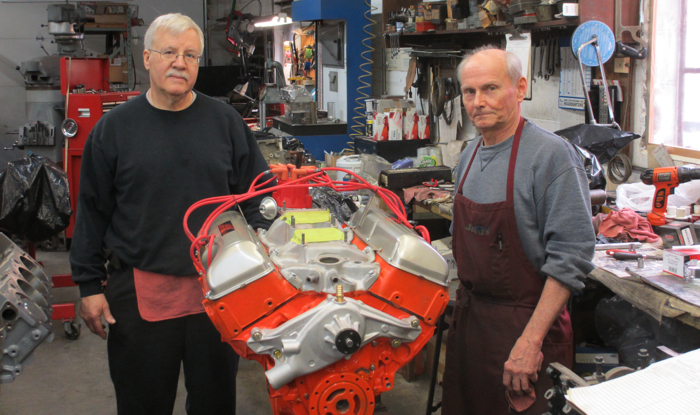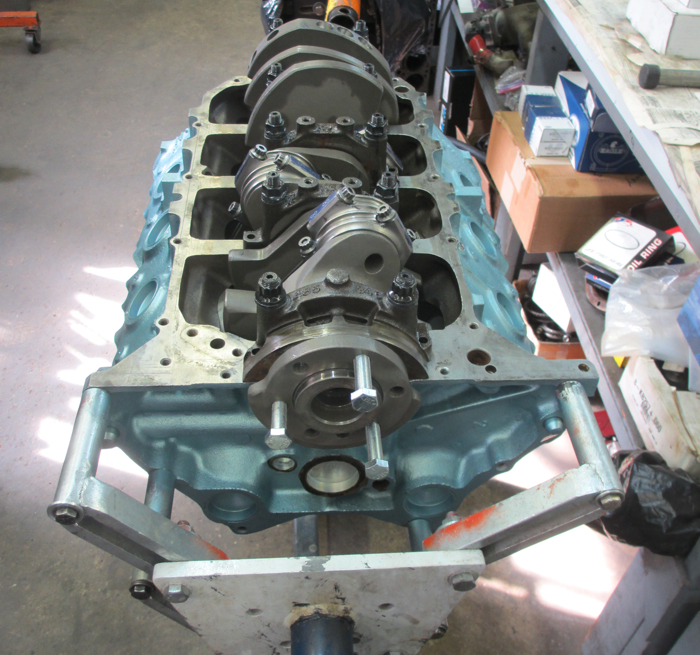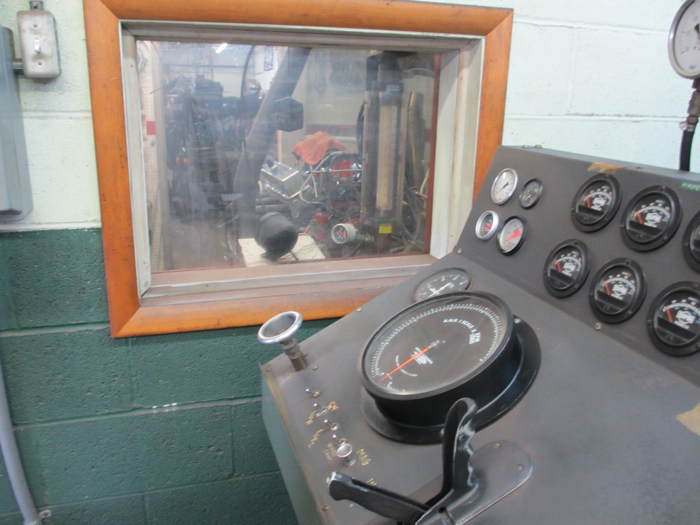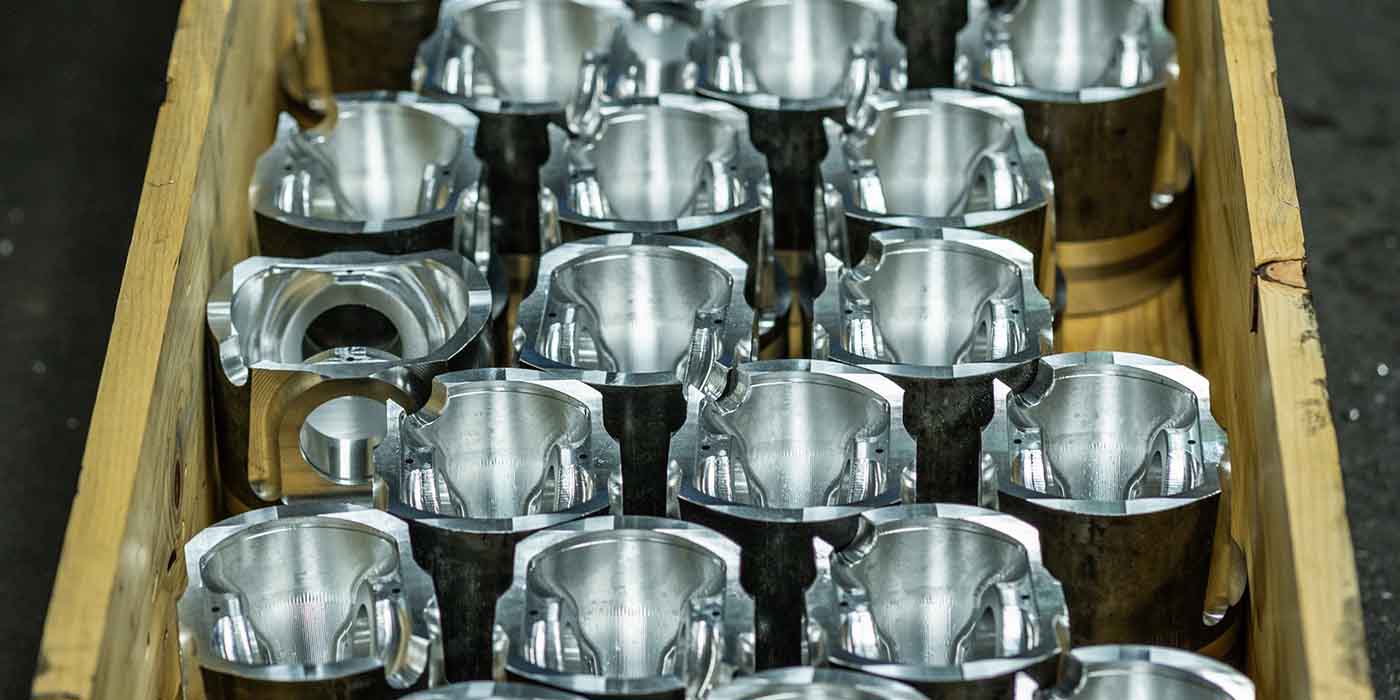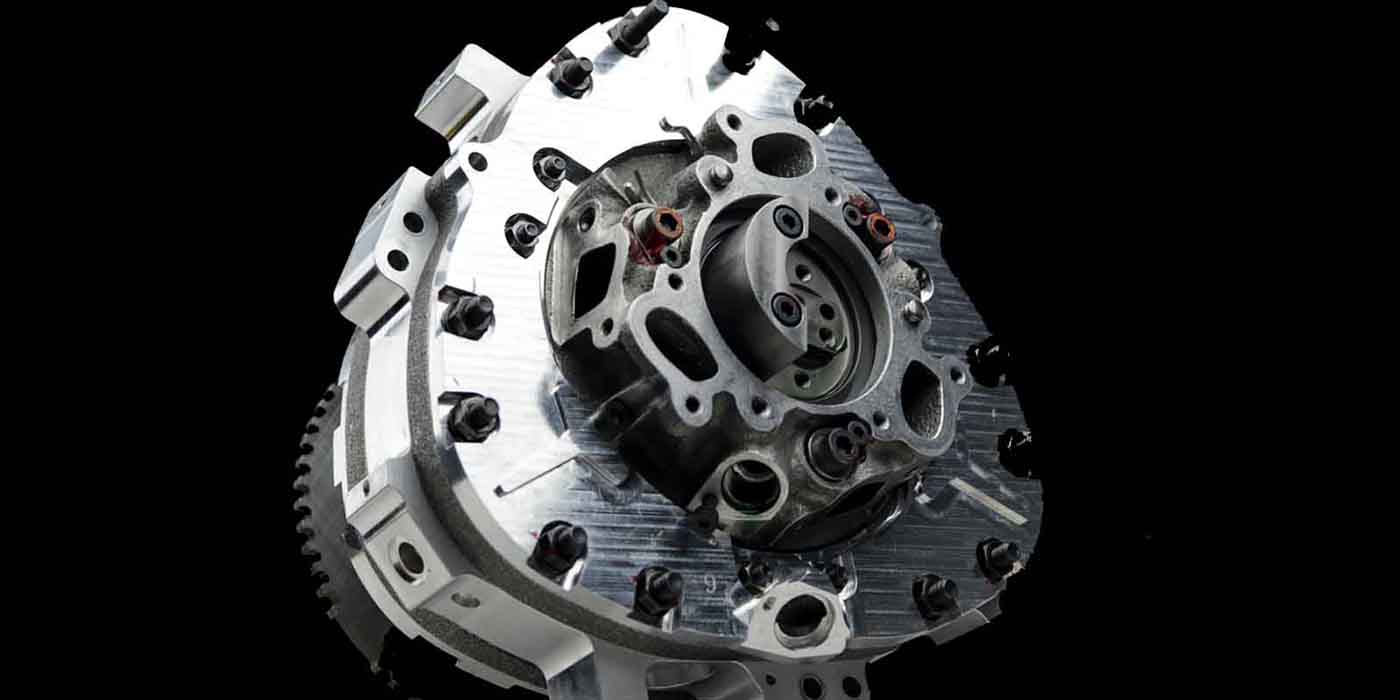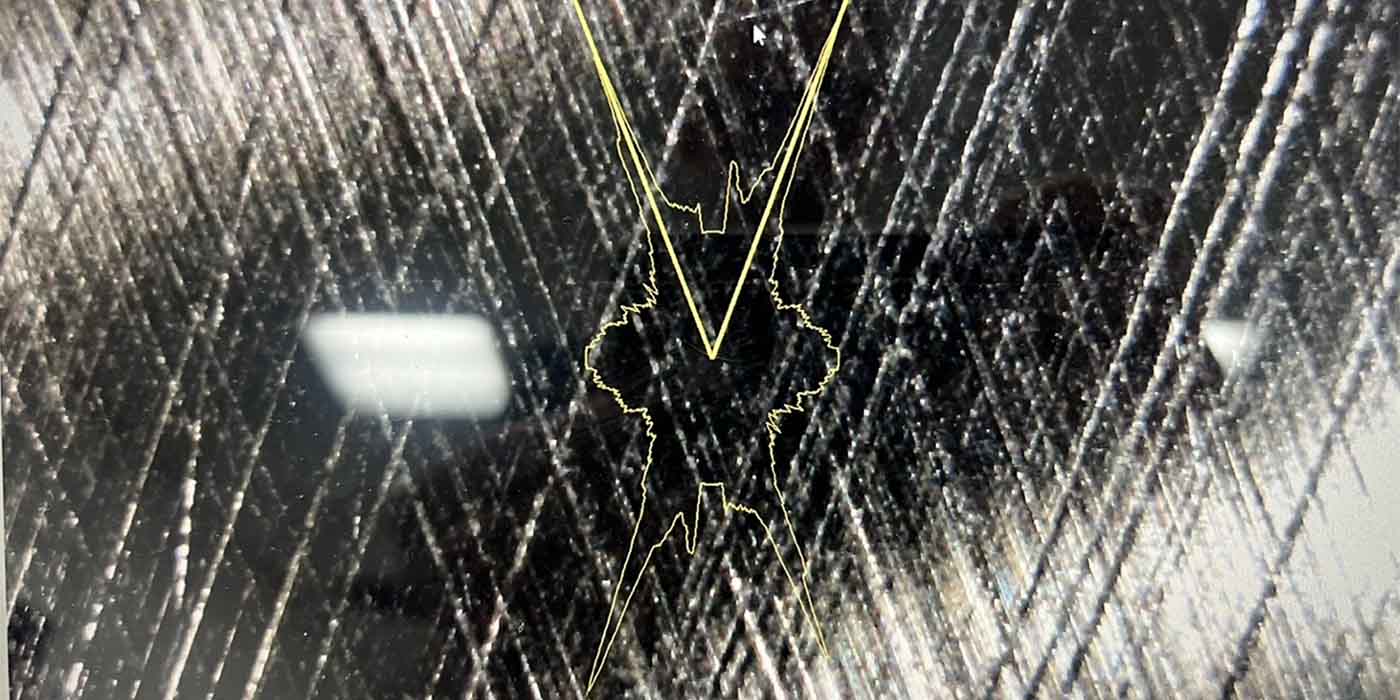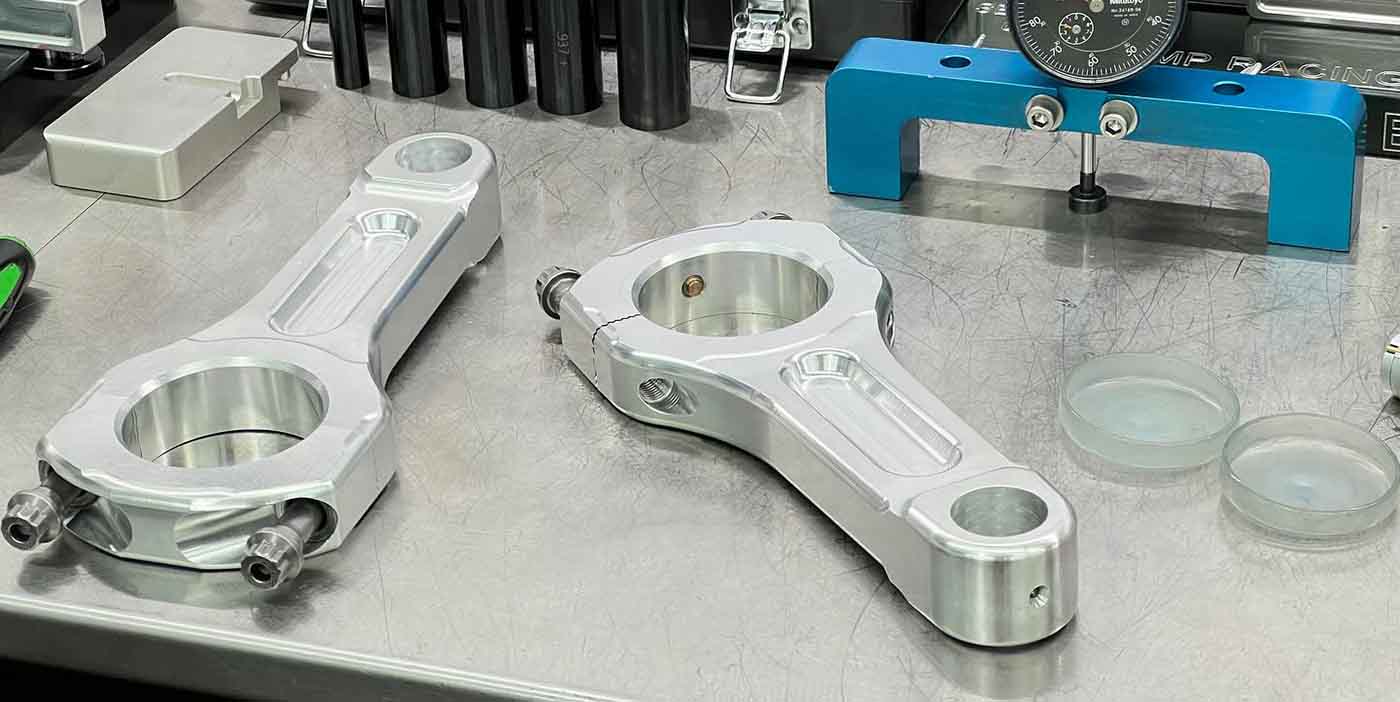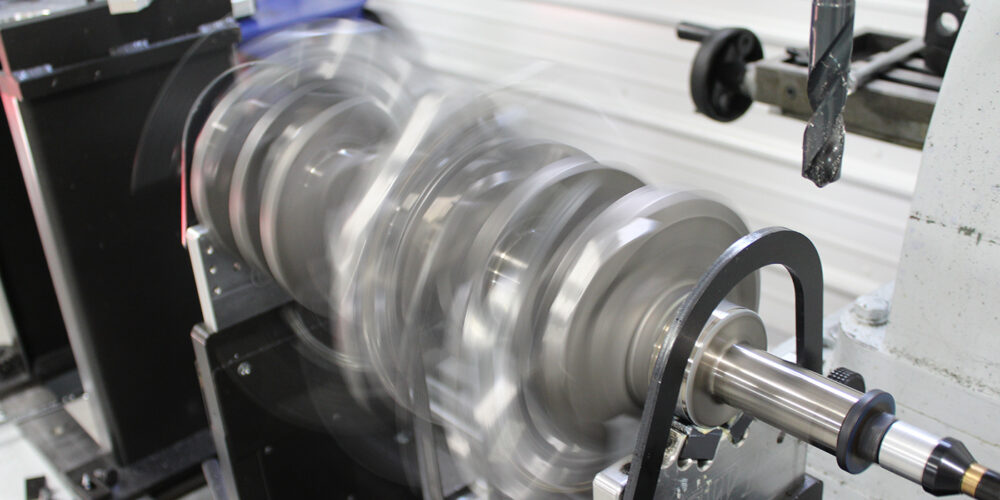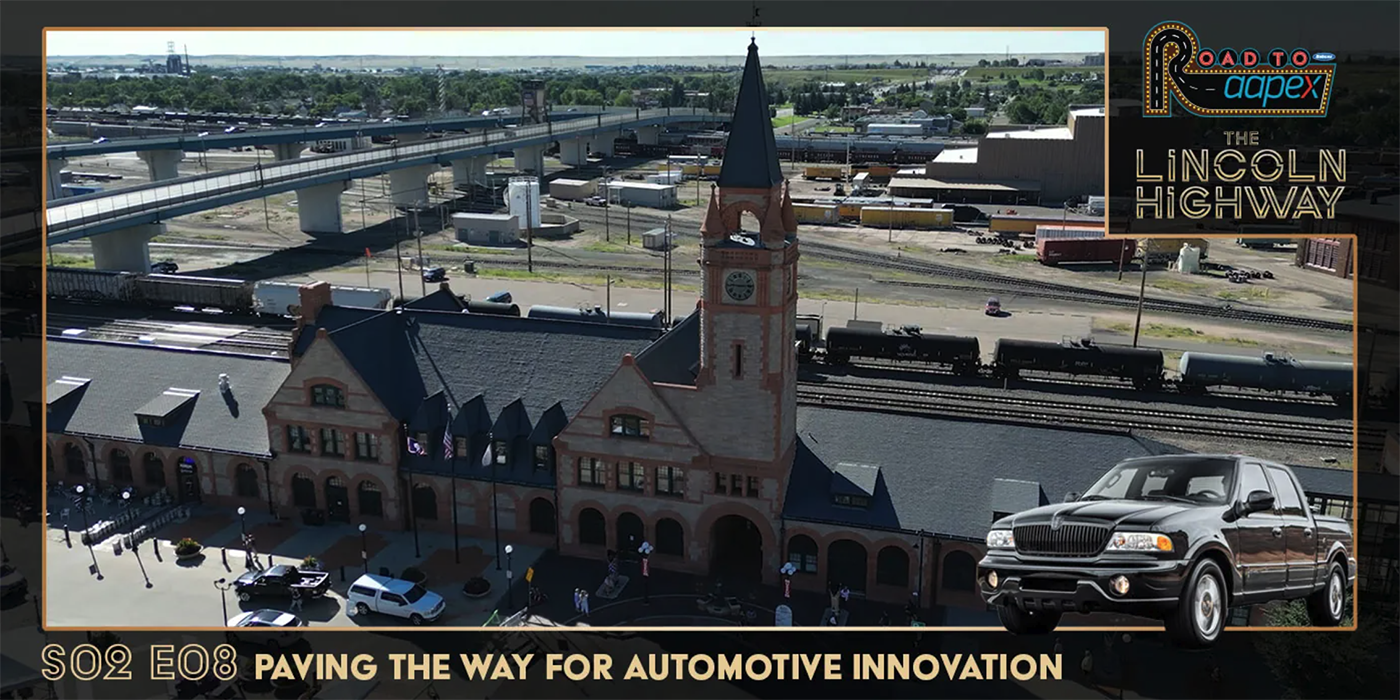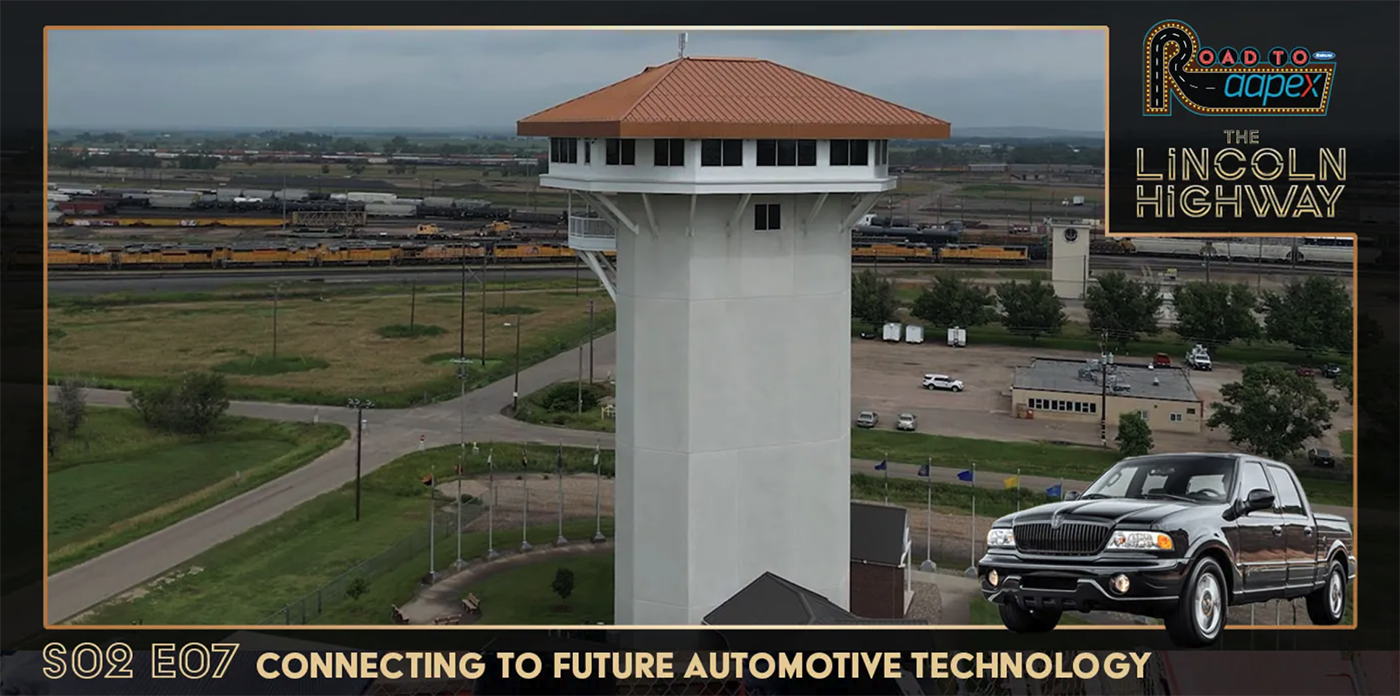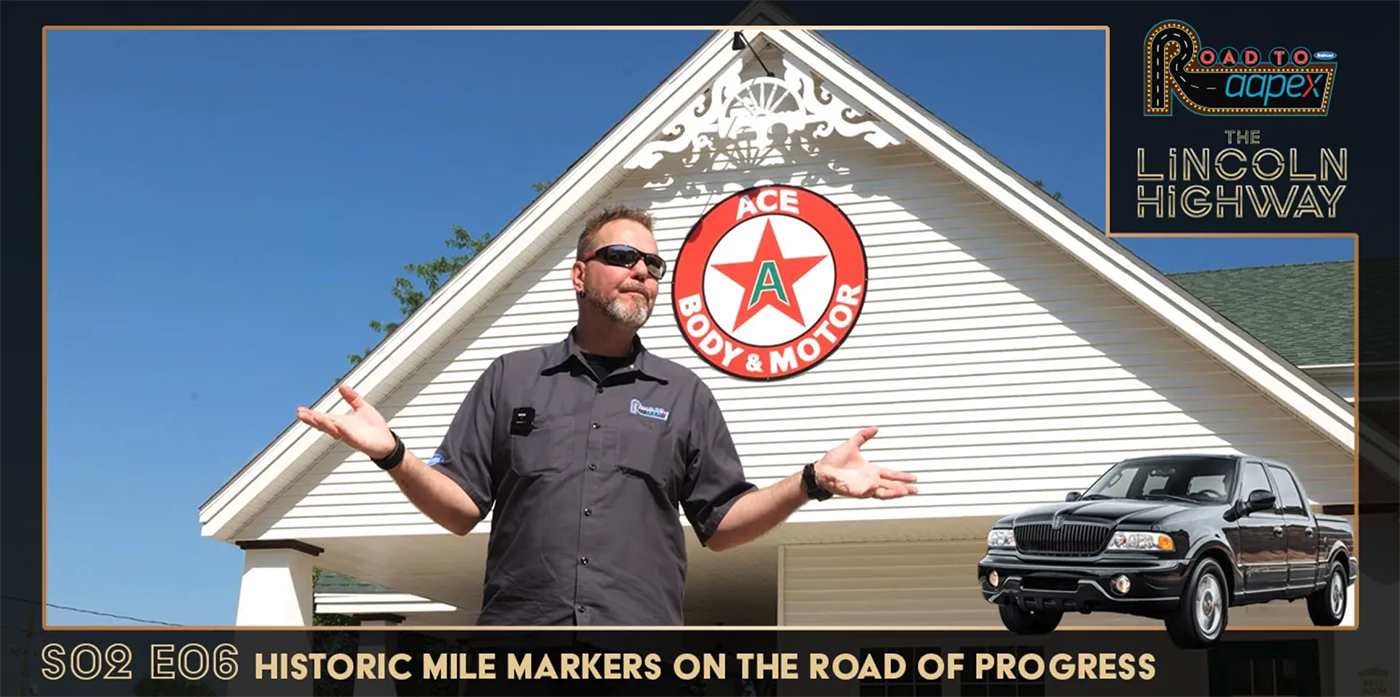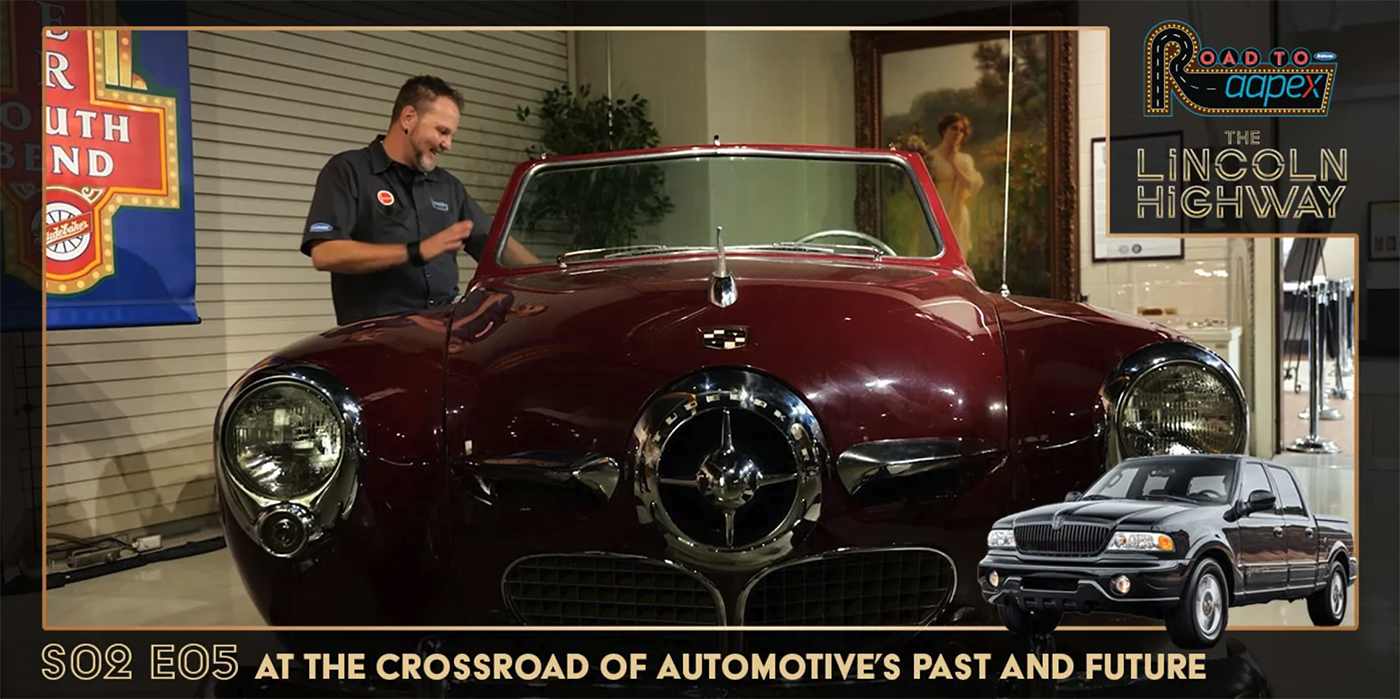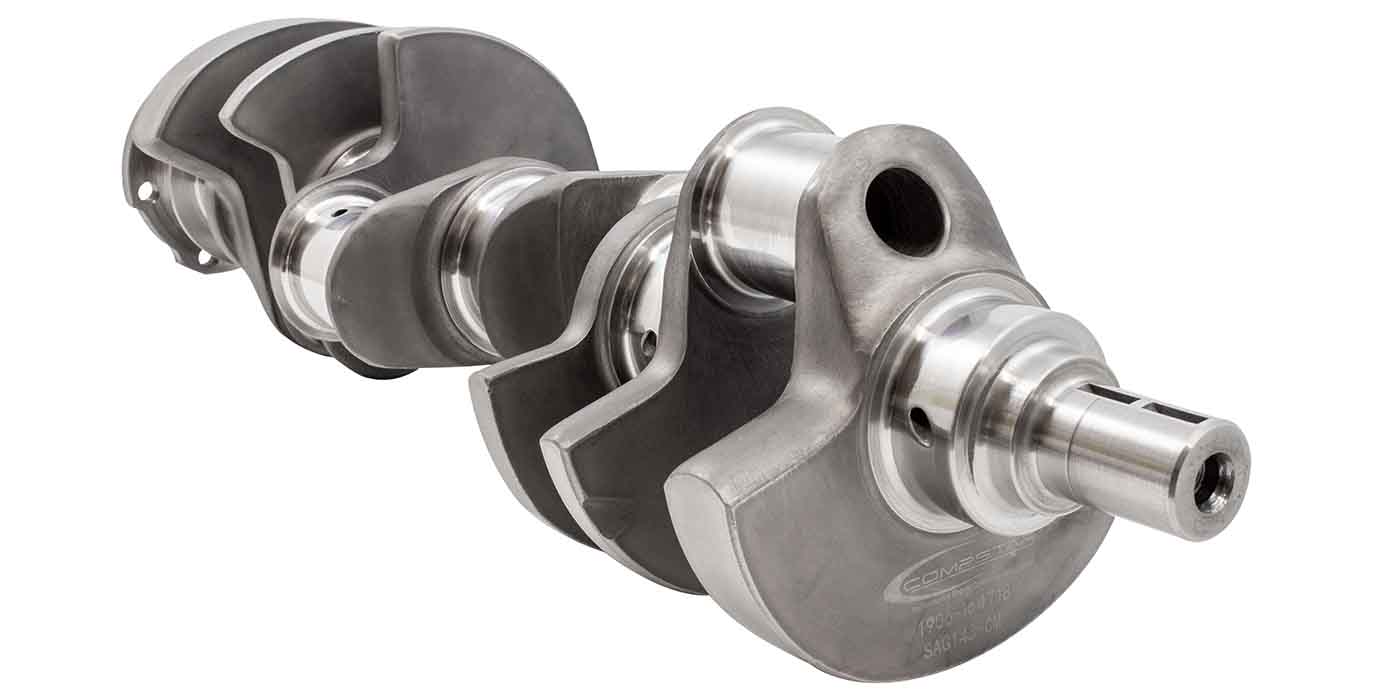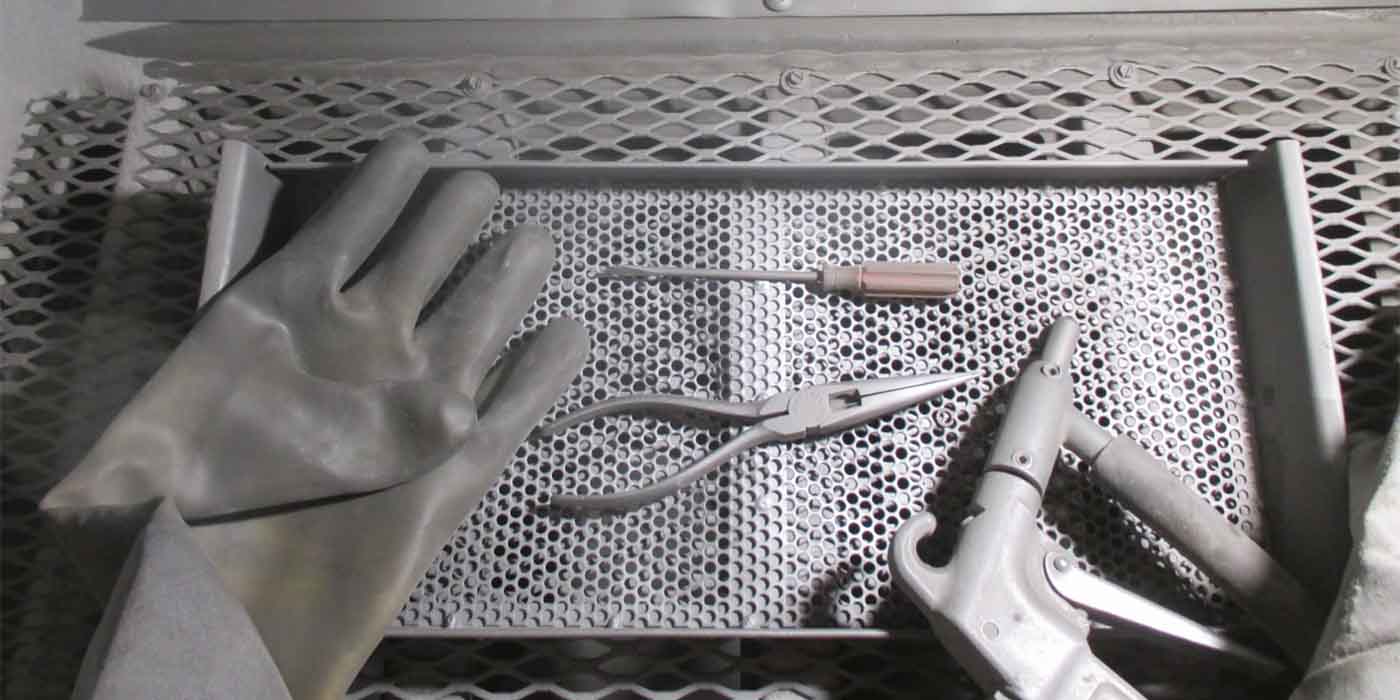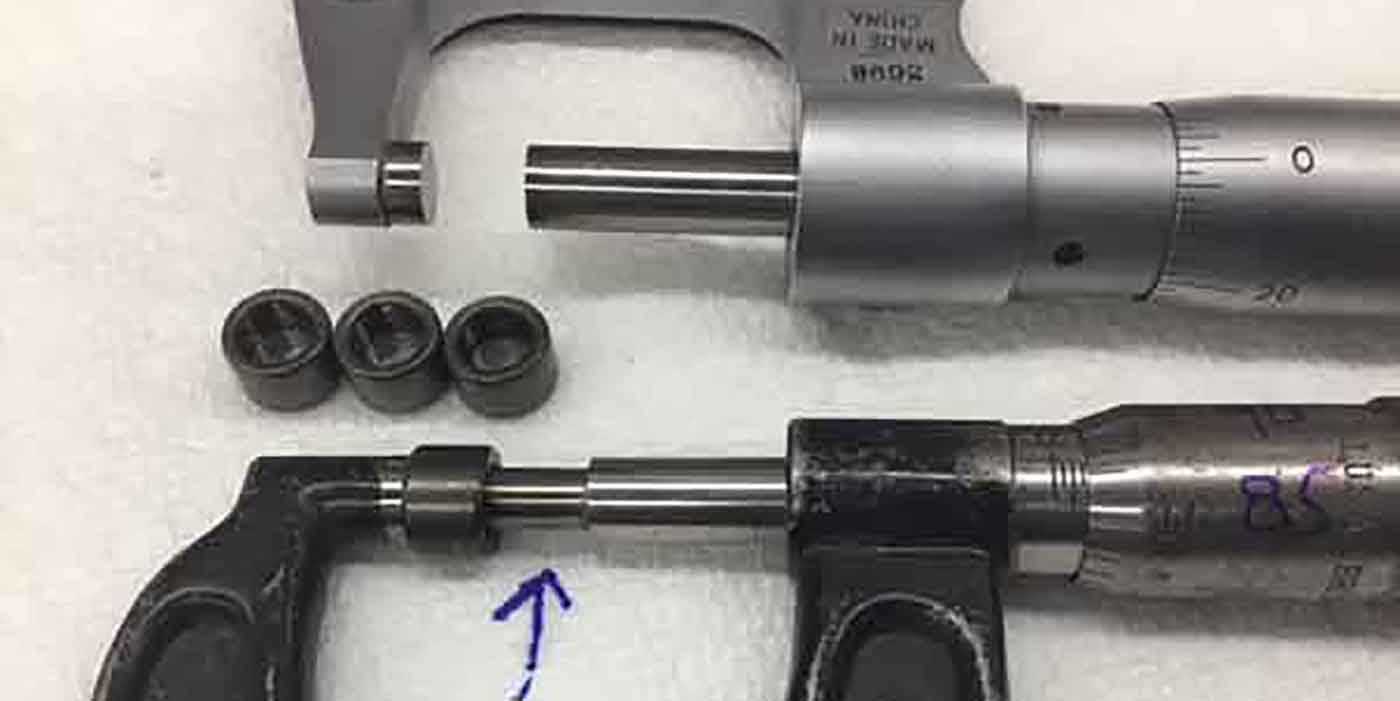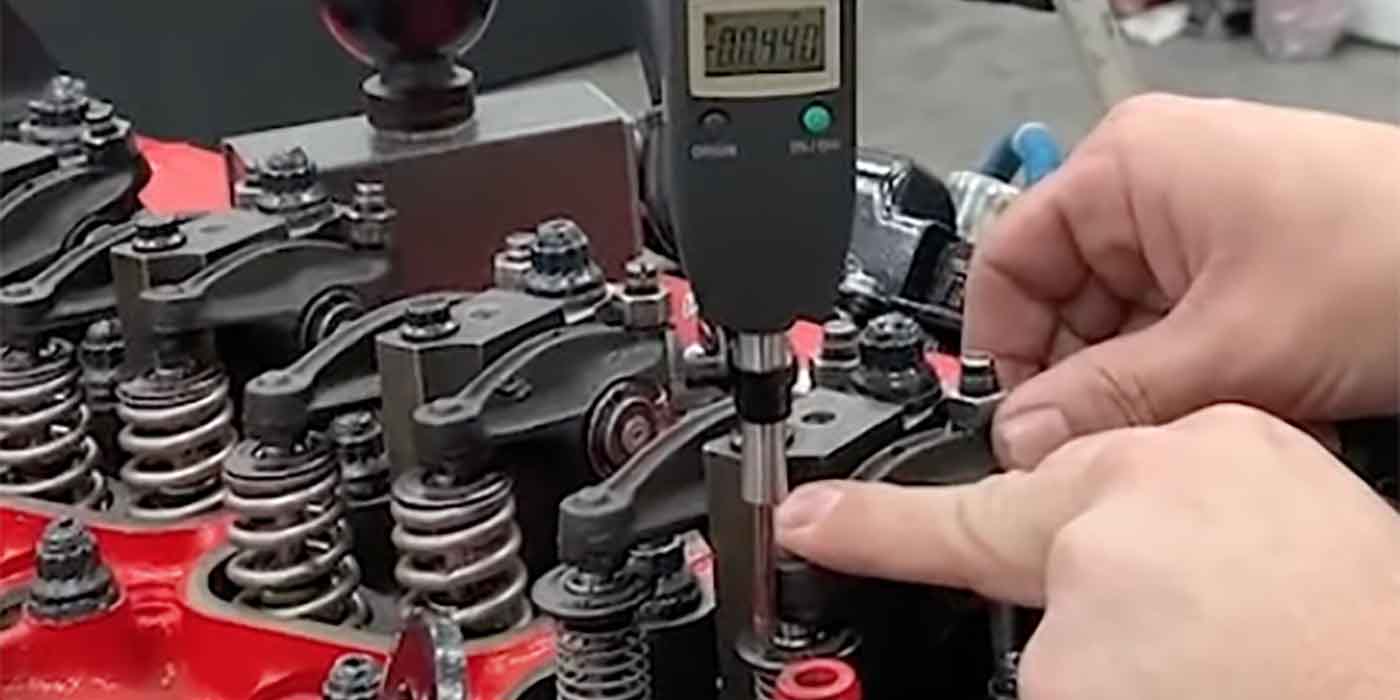Ray Banyas was given two weeks to decide if he wanted to buy Myles Engineering and go from long-time employee to owner of the Cleveland-based engine shop. The alternative? The business would shut down after being open 70 years.
“A friend of mine said, ‘You might as well try it. You’ll kick yourself if you don’t try after as long as you’ve worked there. It’s okay to fail, but if you don’t at least try it, you’ll be wondering the rest of your life if you could have done it or not.’ So I did it and here we are 21 years later,” says Banyas, owner of Victory Engines.
That was 1995 when Gary Myles retired and sold the business to Ray. Long before Victory Engines graced the sign in front of the engine shop, it read Myles Engineering. Founded in 1926 by Merridth Myles, the shop built engines for, and raced in, the AAA sanctioning body as well as IMCA.
Upon Merridth’s death in 1963, his son Gary assumed the duties of running the business. In 1970, Banyas, a young drag racer at the time, started working at Myles Engineering performing cylinder head work and the engine shop has been his life’s work ever since.
“It’s really good to do something your whole life that you love,” Banyas says. “It has its moments like any other business, but I’ve been blessed.”
Banyas says Myles helped him build his first motor in 1974.
“I worked here three or four years before I got an opportunity to build something,” he says. “It was a 283 30-over in a 2,850 lb. car. It went 11.36 seconds at 118 mph in the quarter mile.
“I started off doing cylinder head work. For five years, all I did was cylinder head work. Then I advanced up to doing short block work, balancing, boring and honing. I never went back to cylinder head work.”
Over the years, Victory Engines has served racers and enthusiasts ranging from Stock Car, Super Modified and Sprint Car ranks to the quarter-mile drag racer, both local and national.
Inside Victory Engines, it is evident that the shop does a lot of work and is willing to take on almost any job that comes in the door. What is now the shop’s main work area was added on in 1977. Before that, the engine shop consisted of just two rooms in what is now the back of the building. In total, Victory Engines has 4,850 square-feet of space taken up by numerous Sunnen and Van Norman machines, Chevy, Ford, Buick, Nissan, and Pontiac engines in for work, spare engine parts, a dyno room, a front office and desk area and storage space.
For the past 10 years, Victory Engines has largely been a two-man operation. Employees have come and gone, but one man has been at Ray’s side since 1993, and that man is Phil Hartsel. Aside from Ray and Phil doing quality engine work over these past 21 years, not much else has remained the same.
“Not much has changed in terms of how we go about building our engines, but there used to be more business from racing than there is lately,” Banyas says. “We used to get a lot of Super Modified and Sprint Cars, which are few and far between now,” Hartsel acknowledges.
Right about the time Ray bought the business, he saw the writing on the wall that Super Modified car counts were dropping.
“The numbers were stagnant for a few years, but it’s really dropped off now,” Banyas says. “The reason is primarily how expensive it has gotten to race these cars.”
Ray’s son Jeff raced for several years in Sprint Cars, Quarter Midgets and Super Modified.
“At the expense that it requires, I’m only going to do it for my son,” Banyas says. “We don’t do any sponsorships at the shop. However, I do help a lot of racers we do work for. I’ll go out to the racetrack and make sure they get off to a good start.”
But the fact remains that the amount of race engine work the shop gets has been on the decline. “Back in the day you’d go to the racetrack in Sandusky or Lorain County and there’d be 35-50 Sprint Cars and Super Modifieds,” he says. “Now, you’re lucky if you get 18 cars on a good day. A lot of the time you have only 12 cars.”
While dirt track racing business hasn’t been strong for him, drag racing has picked up, and Victory Engines does a lot of performance and restoration work. “People want high performance,” Hartsel says. “Everybody’s adding hydraulic roller cams, hydro-porting the heads, etc.”
Another helpful business trait that Victory Engines employs is that the shop will do work on any gas or alcohol engine that comes in the door. It doesn’t matter if it’s a motorcycle, marine or performance engine, you name it, Ray and Phil will work on it. To top it off, Victory will also do machine work for other shops in the area without the capacity to do certain jobs.
“There are smaller shops around that don’t have a line hone or balancer and we will get work in from them,” Hartsel says. “We have another shop down the street that has a broken head mill, so we’re milling heads for him. You’ve got to be friendly with all the other shops. They’re your competitor not your enemy. You have to work with them, not against them.”
“We try to be 100 percent honest and don’t worry about who you’re doing extra work for,” Banyas says. “Work is work. The competition is going to be there doing it no matter what, whether you like it or not, even if it’s a guy in his backyard taking work away from you because he’s doing the work for 50 percent of what you charge. You can’t fight that. Why get upset about it? There are guys who do assembly work, but they can’t do any machine work and they bring that stuff in here.”
The strategy pays off. Victory gets work from dissatisfied customers coming from other shops in the area looking for better service and quality.
“Every spring we get an influx of people who are super disappointed in other shops,” Banyas says. “They’ve had their motor sitting in another shop all winter or a shop never got the job done and the customer missed all of last year because of it. We always tell them to bring their engine over here. I don’t think there has been a job that we can’t get done in a month for somebody. We can do jobs even quicker than that if necessary. We always strive to give customers good, timely service.”
Business comes into Victory Engines primarily through word of mouth. Ray has done some advertising over the years, but word of mouth is his strongest marketing avenue. “I think the need for letting people know we are here is something I do have to address better, but I haven’t found a real good source for doing it,” he admits. “We do have the website, which helps.” (www.victoryengines.com)
According to Ray and Phil, the bottom line for Victory Engines is that the shop always has work. “Basically, we are capable of doing everything but grinding a crank,” Hartsel says.
As far as the future of Victory Engines is concerned, both Ray and Phil are quite content doing what they are doing. However, Ray expressed an interest in learning more about EFI systems.
“I want to go to an EFI school. We’ve put EFI systems on motors here, but we have a guy come in to do the tuning on them,” Banyas says. “I have to get into the EFI stuff more, because its starting to become a big thing.”
And speaking of education, Ray also has an interest in teaching engine building skills.
“I’ve played with the thought of starting a ‘school’ to teach people a bit about engine building,” he says. “I am currently working with a woman who has an engine in the shop, and she comes in on Saturdays to do the work with me and learn the processes of rebuilding an engine.”
With a bunch of solid work in the pipeline and ideas on the horizon to keep the shop pushing forward, its no wonder that Victory Engines has had its share of wins, track records and good races over the years. While the type of work may have changed a bit, the results have stayed consistent.
“We’re just a small place, but we do good work,” Banyas says.

